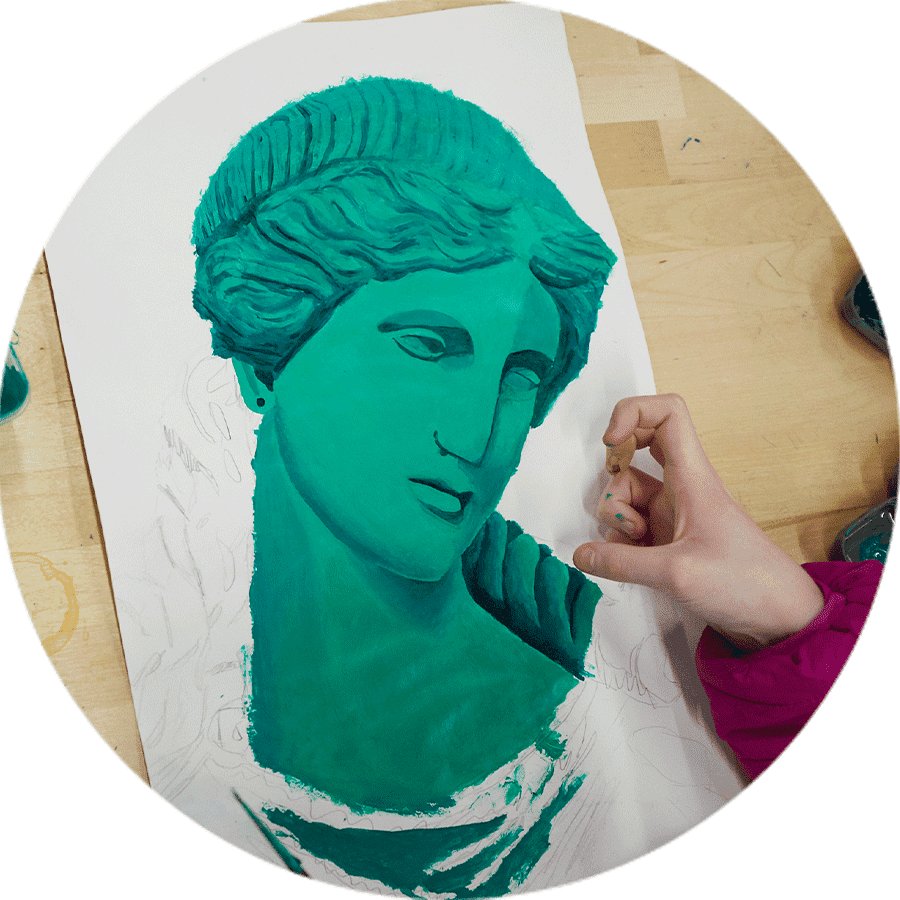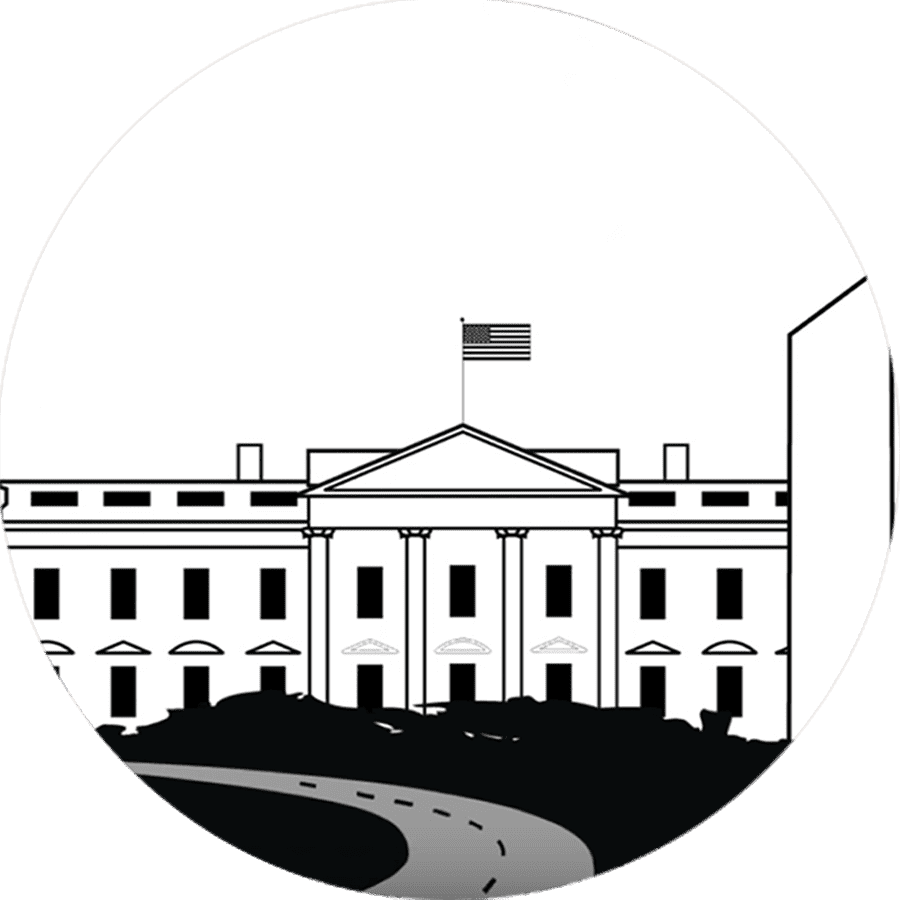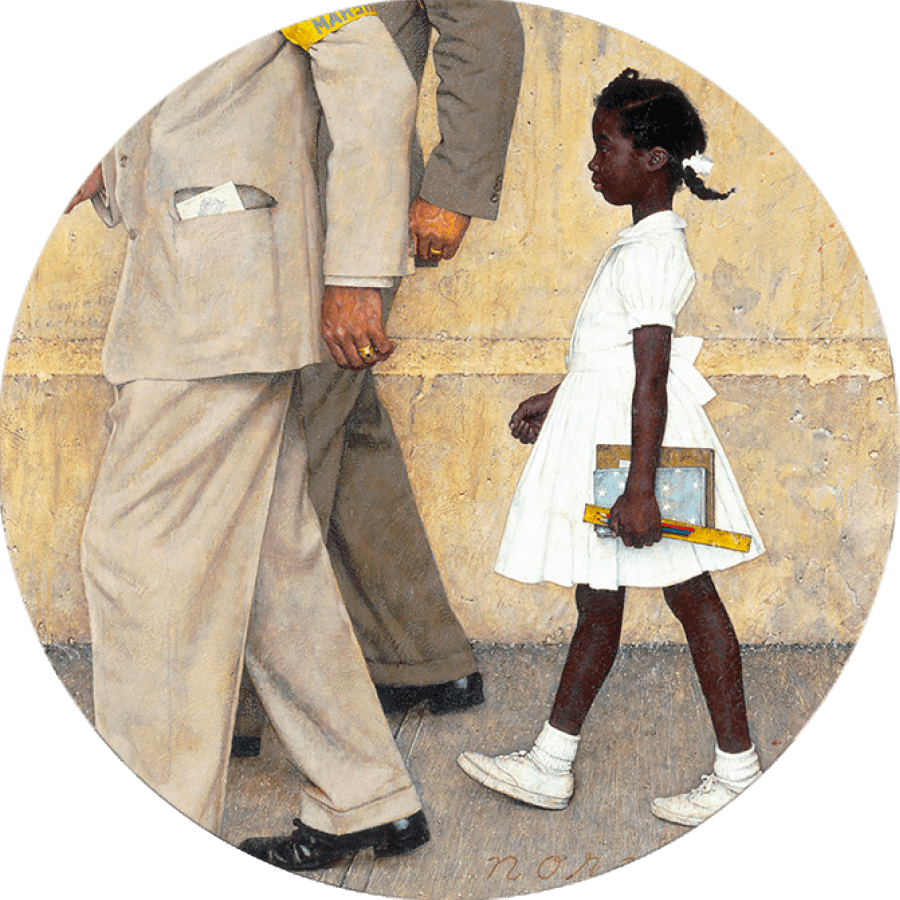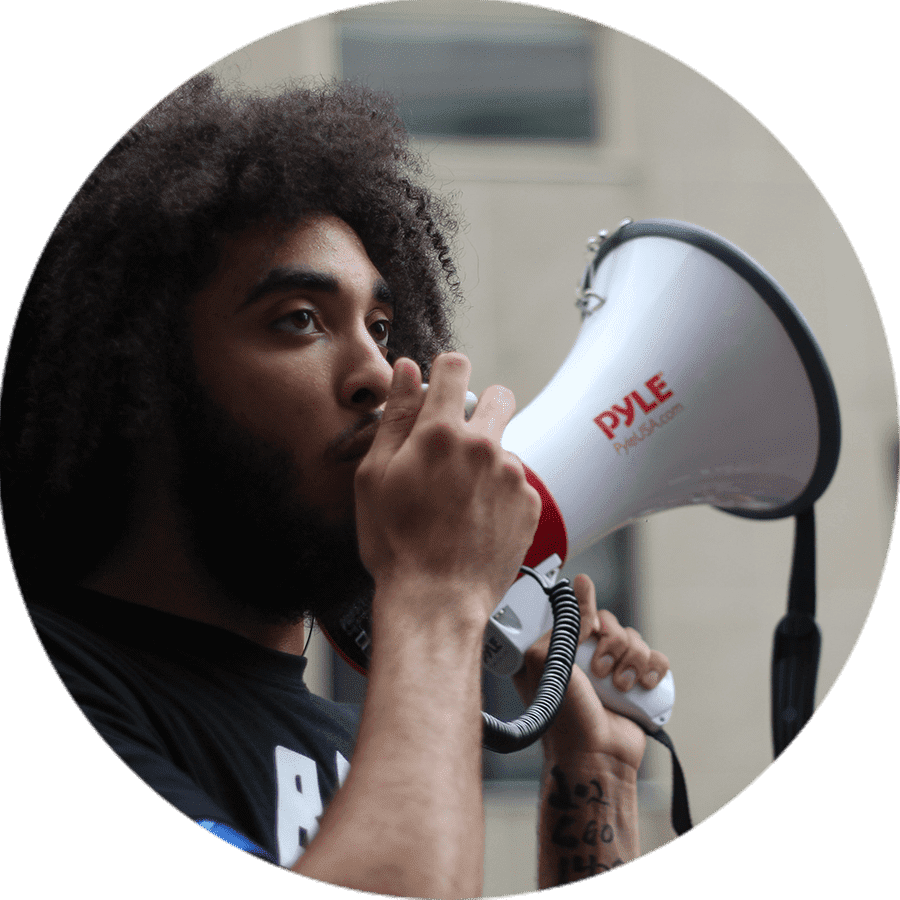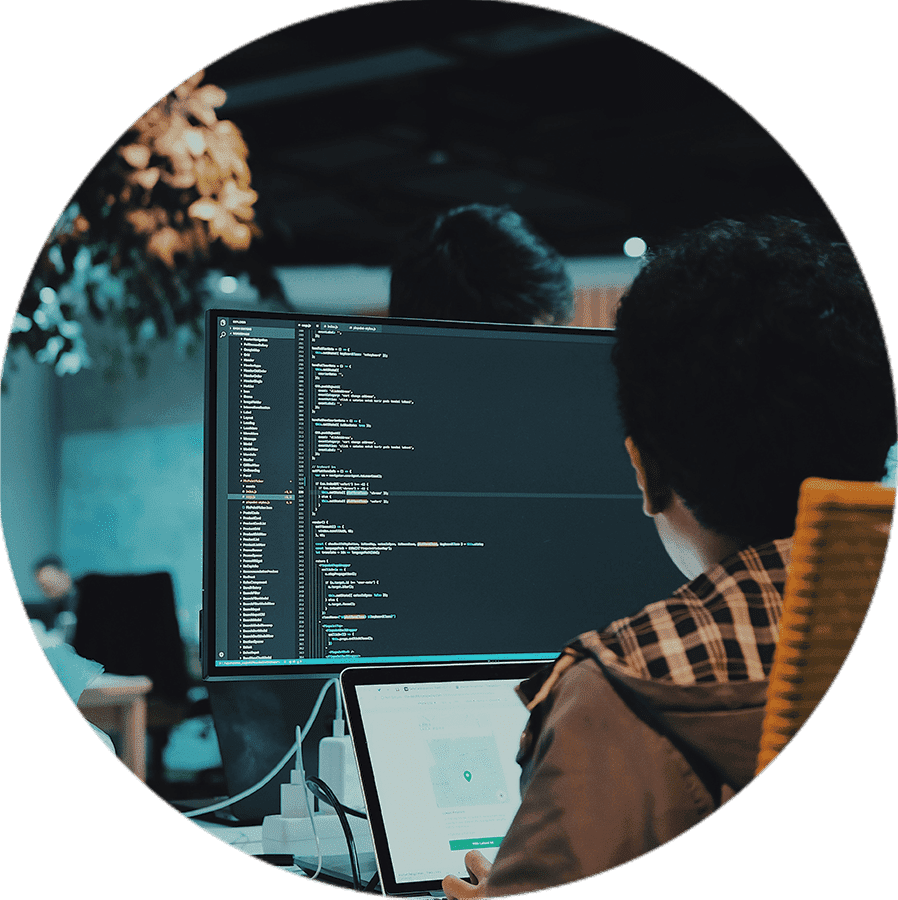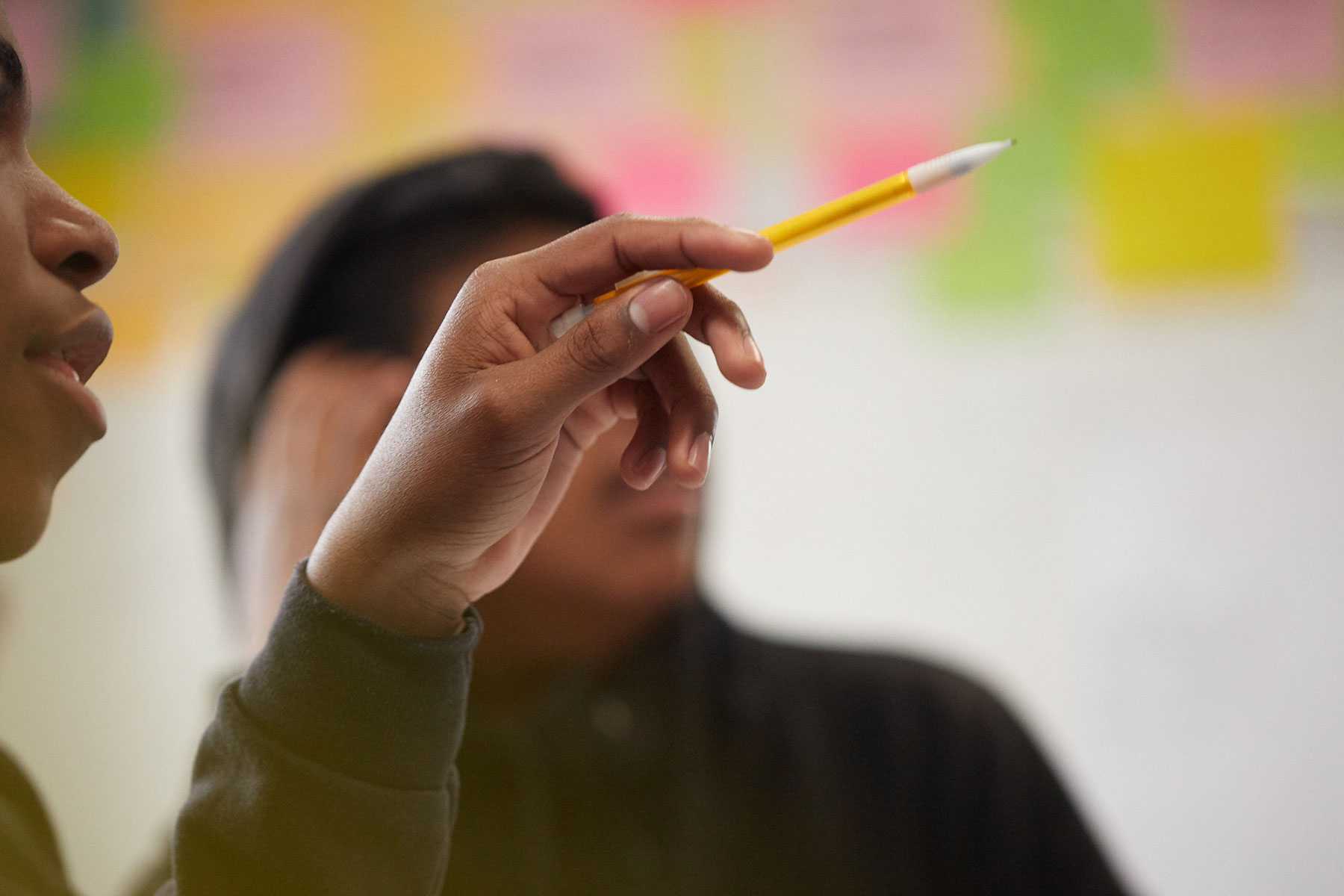Synthesize
Throughout this module, you and your team have discussed why students need to be prepared for a rapidly changing world, why postsecondary education is essential for their future success, and why we need to confront inequity in our high schools. Here’s a look at how other high school design or redesign teams have grappled with some of these same issues.
Now it’s time for you and your team to step back and reflect.
Step 1 – Summarize Your Work
Based on the data you reviewed, how well are high schools in your community preparing students for the challenges of the 21st century? What insights did you gain? What surprised you? Where do you want to dig deeper? What ideas emerged from your research and discussion? Working with your team, summarize your conclusions.
Step 2 – Share Your Vision
Now get ready to share your ideas with others in your school and community.
- List your top insights about high school graduation, college readiness, and current policies and practices that influence students’ overall success.
- What’s your plan for further research and action? What additional questions do you want to ask? Who do you want to talk to: students, teachers, families, employers, college officials, others?
- What school design ideas emerged from your work?
More Resources on this Topic
![a student in a library]() Equity and High School Transformation
Equity and High School TransformationIn a keynote speech at iNACOL’s 2018 fall symposium, XQ CEO Russlynn Ali urges educators to consider the role of equity at every stage of rethinking high school. A panel discussion among school leaders follows.
Watch![student painting]() Reform Isn't Enough
Reform Isn't EnoughIn this 2010 sequel to his galvanizing 2006 TedTalk, education visionary Sir Ken Robinson challenges us to “bring on the learning revolution.”
Watch![illustration of the white house]() Communities in Schools
Communities in SchoolsIn this compelling TEDx Talk, Dan Cardinali, president of Communities in Schools, makes a passionate case for doing more to help negate poverty’s effect on educational performance.
Watch![a student smiling]() Kids Count
Kids CountThe latest edition of the Annie E. Casey Foundation’s KIDS COUNT Data Book provides a wealth of information on child well-being in areas including health, poverty, and education.
Explore![painting of a student]() Segregation, or “The Problem We all Live With”
Segregation, or “The Problem We all Live With”In this two-part podcast by This American Life, reporter Nikole Hannah-Jones examines the problem of school segregation, its causes, and its pernicious effects.
Listen![a person holding a megaphone]() Making Space for Voice
Making Space for VoiceHow can educators recognize the voices of students of color productively, not paternalistically? Professor Jamila Lyiscott offers a framework for self-reflection.
Explore![a person holding a pencil pointing]() Skill Shift
Skill ShiftThis study from the McKinsey Global Institute shows how technology will change work in the near future, with demand for digital, social-emotional, and analytical skills increasing dramatically by 2030.
Read More![a computer screen displaying code]() Differing Views on Educational Opportunity
Differing Views on Educational OpportunityThe Brookings Institute delves into recent survey data showing that adults from different racial and ethnic groups can have very different views on whether schools are offering students equal opportunities.
Read More

